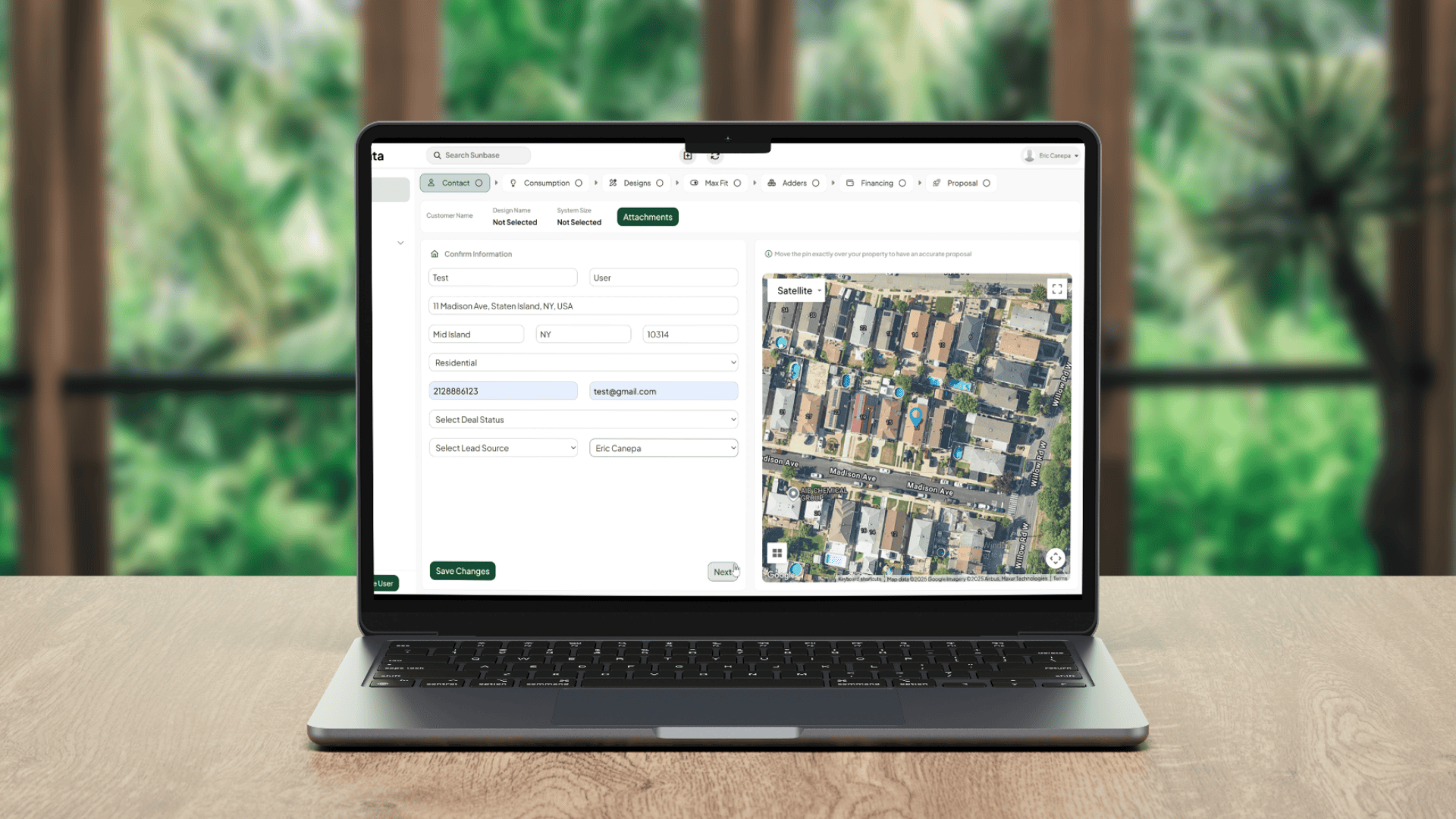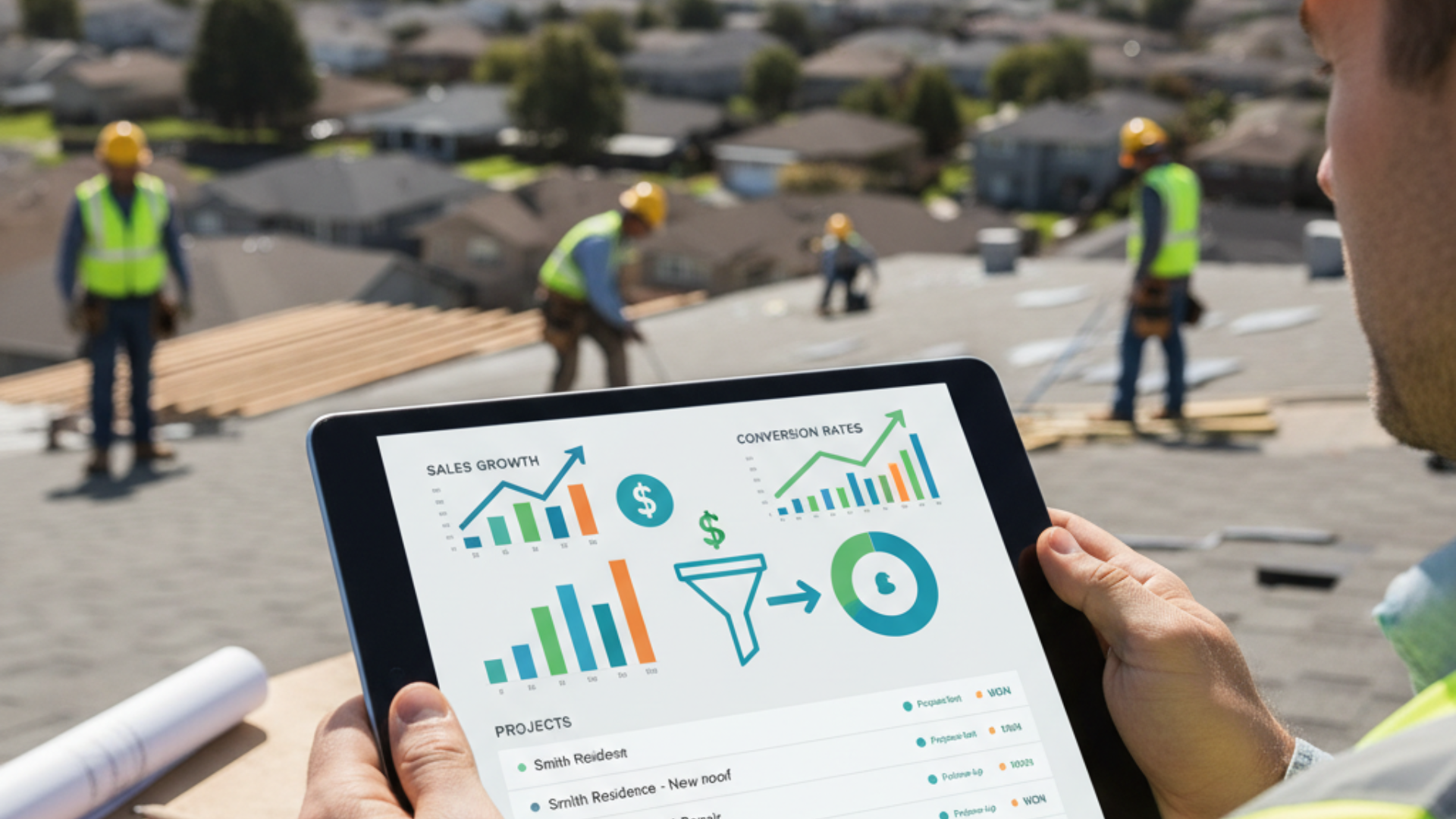May 23, 2023
As the season for election appears, candidates and their teams are hitting the streets to connect with voters in their communities. Political canvassing, the act of going door-to-door to engage with eligible voters, is a tried and true method for gaining support and getting out the vote. In this article, we'll explore the ins and outs of political canvassing, including why it's effective in increasing voter turnout, how to do it, and what to expect.
First off, what is political canvassing?
Political canvassing is the practice of soliciting support or gathering information from voters in a particular geographical area. It involves going door-to-door to speak with all the voters about political candidates or issues, distributing campaign literature, and collecting data on voter preferences and demographics.
It can be done by candidates themselves, local campaign staff, or volunteers. It is a way for any political campaign to identify and target likely supporters, persuade undecided voters, and get out the vote on Election Day.
Canvassing is an important part of political campaigning, particularly in local and state elections, as this type of voting effort provides an opportunity for direct interaction between candidates and voters. It can also be an effective way to mobilize voters who might not otherwise participate in the electoral process.
Why Political Canvassing is Essential for all political campaigns
One of the main reasons political canvassing works is that it allows candidates to make a personal connection with voters. The campaign literature enlightens the mass about the ideology of the party.
When a canvasser knocks on your door and introduces themselves, they're not just a name on a ballot or a political ad on TV. They're a real person who took the time to come to your neighborhood and hear your concerns. This personal touch can go a long way in earning a voter's trust and support.
Another reason political canvassing is effective is that it allows candidates to get a sense of what issues are most important to voters.
By having conversations with people in their communities, candidates can learn about the challenges and opportunities facing their potential constituents. This information can then be used to shape campaign messaging and policy proposals.
How Does Political Canvassing Increase Voter Turnout?
While the benefits of political canvassing are well-documented, there are some uncommon points that can shed light on how it helps in increasing voter turnout.
Personal Connection:
Political canvassing helps to establish a personal connection between the voter and the candidate. This connection can help to develop voter contact, build trust and create a bond between the two, making it more likely that the voter will turn out on election day.
Social Pressure:
Canvassing can also create social pressure to vote, as voters may feel obligated to participate in the ballot initiatives after having a face-to-face interaction with a canvasser. They may feel that they owe it to the canvasser to show up and vote.
Informational exchange:
Canvassers can exchange information with voters about the election, the voter database, the candidates, and the issues at stake. This exchange can help to educate voters and give them the information they need to make an informed decision on election day.
Mobilization of unlikely voters:
Canvassing can also be used to mobilize unlikely voters, such as those who have never voted before or who have a history of early voting. By reaching out to these individuals and encouraging them to participate in the municipal election, canvassing can help to increase overall voter turnout.
Localized targeting:
Door-to-door canvassing can also be used to target specific demographics and neighborhoods where voter turnout may be low. By focusing on these areas, canvassers can help to increase turnout in key locations, which can have a significant impact on the outcome of the election.
How to Do Canvassing During a Political Campaign?
Political canvassing requires a lot of preparation and organization. Here are some key steps to follow to engage voters effectively:
Step 1: Identify the area you want to canvass
It's important to choose an area for running your political campaign where there is likely to be a high number of registered voters who align with your political views.
Step 2: Recruit volunteers
Door to door canvassing demands hard work, so it's important to have a team of volunteers who are willing to go door-to-door, connect to voters on a personal level, and increase their voter contact book.
Step 3: Prepare materials
You'll need flyers, brochures, and other materials that you can leave with voters to remind them of your candidacy and your platform.
Step 4: Train your team
Your volunteers should be trained on how to approach voters, what to say, and how to answer common questions. Then only they will be able to engage voters.
Step 5: Hit the streets
On the day of door to door canvassing, make sure your team has a clear plan for which streets and houses to visit. Be sure to keep track of which houses you've visited and which voters you've spoken to.
For an organized approach to political canvassing make sure you have a canvassing app such as Sunbase door to door canvassing app, so your campaigning can be done in an efficient manner.
Core objectives of political canvassing:
Political canvassing is the process of reaching out to voters and potential supporters in a targeted area to gather support for a political campaign. The primary goal of political canvassing is to persuade voters to support a particular candidate or issue and ultimately to get them to vote in an election.
Some specific goals of political canvassing may include:
Identifying and influencing supporters:
Canvassing helps campaigns to identify potential supporters and ensure that they turn out to vote on election day.
Changing opinions:
Seamless campaign literature can be highly influential in mobilizing voters. It provides a great opportunity for campaigners to persuade voters to change their opinions on key issues or candidates.
Building relationships:
Canvassing helps campaigners build relationships with voters and establish trust and credibility, which can be valuable in future campaigns.
Gathering voter database:
Canvassing also provides an opportunity to gather data on voters, such as their concerns and voting habits, which can inform future campaign strategies.
Political canvassing aids the campaign volunteers to engage with voters, build support, and ultimately winning elections.
Advantages that come from successful political door-knocking canvassing:
Political campaigning can have a variety of benefits, including:
Raising Awareness:
Political campaigns can help to raise awareness about important issues and policies. Campaign volunteers can use their campaigns to educate voters about their platforms and positions on various issues, which can help to inform voters and encourage them to engage in the political process.
Mobilizing Support:
Political campaigns can mobilize support for a candidate or political party. By rallying voters and building a strong base of support, candidates can increase their chances of winning elections.
Building Networks:
Political campaigns can help candidates to build networks of supporters and volunteers. These networks can be useful in future elections and can also be leveraged to support other political causes or initiatives.
Holding Politicians Accountable:
Political campaigns can hold politicians accountable for their actions and decisions. By scrutinizing the actions and policies of elected officials, campaigns can help to ensure that politicians are acting in the best interests of their constituents.
Promoting Civic Engagement:
Canvassing campaigns can promote civic engagement and encourage people to participate in the political process. By encouraging people to vote, attend rallies, and participate in other political activities, campaigns can help to strengthen democracy and ensure that everyone's voice is heard.
Challenges that you might face:
Political canvassing is not without its challenges.
One of the biggest challenges is getting people to open their doors and engage with canvassers. Many people are wary of strangers knocking on their doors, particularly in today's world where there is a heightened awareness of security concerns. Additionally, some people may be hesitant to discuss their political beliefs with strangers, particularly if they feel that their views are unpopular or controversial.
Your political canvassing techniques also require to involve a significant amount of resources, particularly in terms of staffing and training. Canvassers must be trained on how to engage with voters, how to collect and analyze data, and how to represent the candidate or party in a positive and effective way. Additionally, canvassing efforts must be well-organized and coordinated to ensure that they are reaching the right voters and delivering the right messages.
Despite these challenges, political canvassing remains an important tool for candidates and parties who want to win elections. By engaging with voters one-on-one, candidates and canvassers can build trust, gather valuable data, and mobilize supporters to turn out on election day. Whether it involves knocking on doors, making phone calls, or sending text messages, political canvassing is a time-honored tradition that is likely to remain a key part of canvassing campaigns for years to come.
What to Expect During Political Canvassing?
Political canvassing can be a challenging and rewarding experience. Here are some things to expect:
Rejection:
Not everyone will be interested in talking to you, and some voters may even be hostile. It's important to remain professional and respectful, even in the face of rejection.
Positive interactions:
On the other hand, many voters will be happy to engage with you and may even be excited to learn more about your candidacy.
Valuable insights:
Every conversation you have with a voter can provide valuable insights into what matters most to them and their community.
Physical demands:
Canvassing requires a lot of walking and talking, so be prepared for a physically demanding day.
Most effective door to door canvassing tips:
Political canvassing is an essential part of any election campaign, as it helps candidates connect with voters and communicate their message. Here are some tips to make your political canvassing successful:
Be prepared:
Before you begin your canvassing, make sure you have a clear understanding of the issues and your candidate's platform. Have materials such as flyers, brochures, or campaign buttons ready to distribute.
Choose the right time:
Be strategic about when you canvass. Try to target times when people are likely to be at home, such as weekends or evenings. Avoid times when people may be busy, such as during rush hour or meal times.
Dress appropriately:
Make sure you dress professionally and appropriately for the weather. This will help you make a good impression and be taken seriously.
Be friendly and engaging:
When you knock on someone's door, introduce yourself and be friendly. Smile and make eye contact. Listen carefully to their concerns and respond in a thoughtful and respectful manner.
Stay focused:
Stay focused on your message and don't get sidetracked by unrelated topics. Keep your responses brief and to the point.
Use technology:
Consider using technology to make your canvassing more efficient and increase voter outreach. For example, use the Sunbase door to door mobile app to record the results of your canvassing or send targeted text messages to voters.
Follow up:
After your canvassing, follow up with voters who expressed interest in your candidate. Send them a thank-you note or make phone calls to reinforce your message and remind them to vote.
Successful political canvassing requires careful planning, good communication skills, and a friendly and engaging demeanor. With these tips, you can make a positive impression on voters, increase voter turnout, and help your candidate win the election.
Final thought:
Political canvassing is a powerful tool for candidates looking to connect with supporters, create a positive impact on undecided voters, and build support for their campaigns.
By taking the time to go door-to-door and have conversations with people in their communities, candidates can gain valuable insights into the issues that matter most to voters.
If you're interested in getting involved in political campaigning, consider volunteering as a canvasser. You may be surprised at how much of an impact you can have on the outcome of an election.
I agree to receive marketing messaging from Sunbase at the phone number provided above. I understand data rates will apply, and can reply STOP to OPT OUT.











